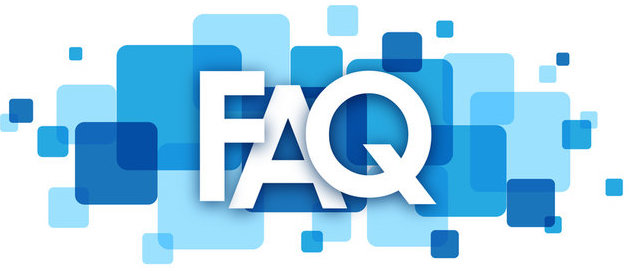
 What Is the Significance of Bahá'u'lláh's Revelation?
What Is the Significance of Bahá'u'lláh's Revelation?
Bahá'u'lláh’s Revelation marks a momentous era in religious history, introducing a new cycle of human spiritual development. His teachings, focused on the oneness of humanity, aim to unite all people and usher in an age of peace and justice.
 How Does Bahá'u'lláh's Revelation Continue that of the Báb?
How Does Bahá'u'lláh's Revelation Continue that of the Báb?
Bahá'u'lláh’s Revelation is seen as complementary to that of the Báb, forming a dual-revelation. Bahá'u'lláh fulfills the Báb's prophecies and expands upon His teachings, providing a comprehensive spiritual framework for the modern age.
 What Distinguishes the Writings of Bahá'u'lláh from Other Religious Texts?
What Distinguishes the Writings of Bahá'u'lláh from Other Religious Texts?
Bahá'u'lláh's writings are characterized by their emphasis on unity, spirituality, and progressive revelation, offering principles to guide individual conduct and the structure of society. They are considered divinely inspired scripture within the Bahá’í Faith.
 Why Are the Writings of Bahá'u'lláh and the Báb Viewed Uniquely in the Bahá’í Faith?
Why Are the Writings of Bahá'u'lláh and the Báb Viewed Uniquely in the Bahá’í Faith?
The writings of Bahá'u'lláh and the Báb are regarded as the direct revelation from God in the Bahá'í Faith, holding the highest authority and providing the core tenets of Bahá'í belief and practice.
 What Role Do 'Abdu'l-Bahá and Shoghi Effendi Play in Bahá'u'lláh's Revelation?
What Role Do 'Abdu'l-Bahá and Shoghi Effendi Play in Bahá'u'lláh's Revelation?
'Abdu'l-Bahá and Shoghi Effendi serve as authoritative interpreters of Bahá'u'lláh’s Revelation, elucidating its meanings and ensuring its integrity throughout its implementation and development.
 How Did Bahá'u'lláh's Declaration in 1863 Shape the Bahá’í Faith?
How Did Bahá'u'lláh's Declaration in 1863 Shape the Bahá’í Faith?
Bahá'u'lláh's declaration in 1863 represents the formal announcement of His mission and establishes the birth of the Bahá’í Faith, delineating a path for a new, globalistic spiritual order.
 What Is the Concept of Progressive Revelation in Bahá'u'lláh’s Teachings?
What Is the Concept of Progressive Revelation in Bahá'u'lláh’s Teachings?
Progressive revelation is the Bahá'í belief that religious truth is revealed progressively by God through a succession of divine messengers, each building upon the teachings of the previous, with Bahá'u'lláh as the latest of these messengers.
 How Do Bahá'u'lláh’s Teachings Address Modern Social Issues?
How Do Bahá'u'lláh’s Teachings Address Modern Social Issues?
Bahá'u'lláh’s teachings address modern issues such as gender equality, global governance, and economic justice, advocating for principles that foster unity, collaboration, and the prosperity of all humanity.

